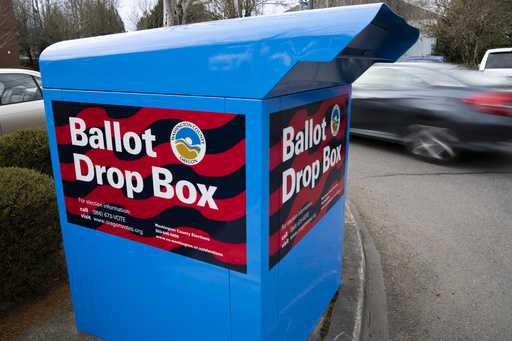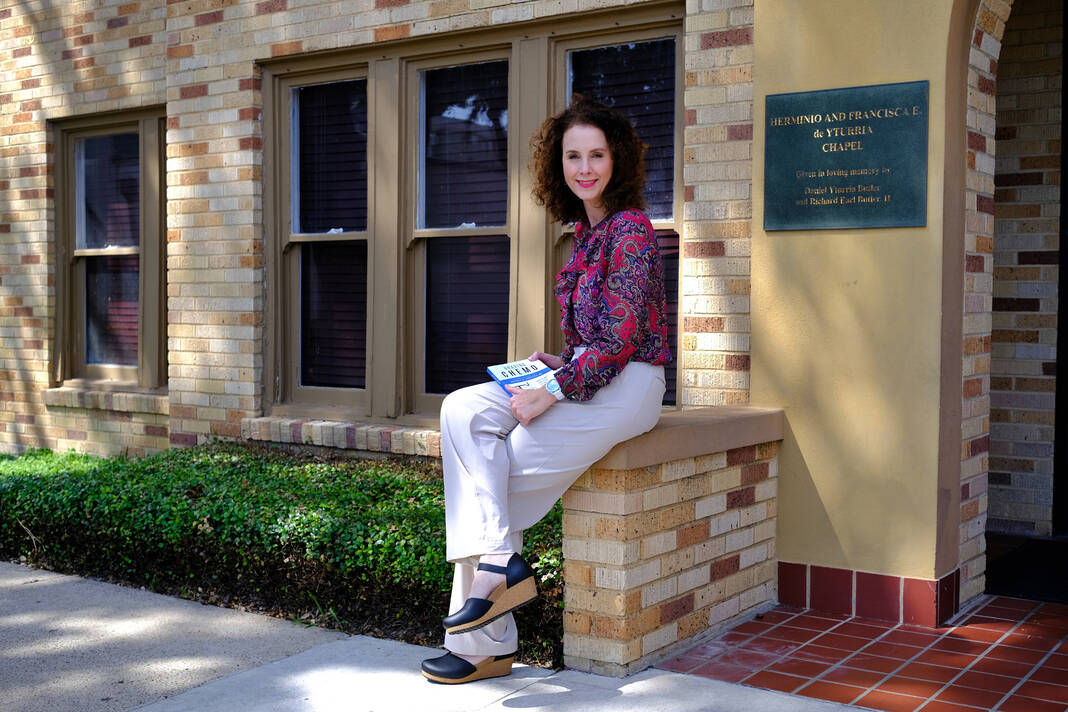McALLEN, Texas (ValleyCentral) — The 13th Court of Appeals handed down a decision Wednesday in a lawsuit that revealed widespread voter fraud during the Democratic Party primary.
About 8,400 people cast ballots in May, when the race for Hidalgo County Justice of the Peace Precinct 3 Place 1 headed to a runoff.
The incumbent, Justice of the Peace Sonia Treviño, won by just 31 votes. Her opponent, businessman Ramon Segovia, challenged the results in court.
After a three-week trial, a judge voided 84 votes and declared Segovia the winner. Treviño appealed.
Faced with the prospect of reviewing a lengthy transcript on a tight deadline, the 13th Court of Appeals dismissed her appeal on Wednesday.
“Given the extremely voluminous record and expansive nature of the claims raised in this case, we conclude that the appeal is moot because any judgment this Court were to issue in this case would not be entered in time for election officials to comply with statutory deadlines for preparing and conducting the general election,” according to an opinion released Wednesday by the 13th Court of Appeals, which cites the Texas Election Code and case law. “Nonetheless, the trial court’s findings of fact shed light on the events that transpired at trial, which are extremely troubling to the sanctity of our electoral process and undermine the purity of the ballot.”
 Attorneys for Ramon Segovia, left, and Sonia Treviño addressed the judge on July 15, 2024, when the election contest began. (Photo by Dave Hendricks / CBS 4 News.)
Attorneys for Ramon Segovia, left, and Sonia Treviño addressed the judge on July 15, 2024, when the election contest began. (Photo by Dave Hendricks / CBS 4 News.)Attorney Rick Salinas of Mission, who represents Treviño, said her legal team would ask the Texas Supreme Court to review the decision.
Attorney Gilberto Hinojosa of Brownsville, who represents Segovia, was cautiously optimistic about the news.
“We’re just waiting to see what the other side does,” Hinojosa said. “I got a text message from opposing counsel. And they said they were going to file an emergency appeal — it’s called a mandamus — in the Supreme Court.”
The lawsuit revealed widespread voter fraud during the runoff.
State District Judge Jose Manuel Bañales, who presided over the trial, summarized the testimony in a 100-page document called a “Findings of Fact and Conclusions of Law.”
The judge’s findings included:
> At two polling places, the Sullivan City WIC Clinic and La Mansion, people who supported Treviño’s campaign loitered nearby to assist voters.
“When inside the polling place, the Sonia Treviño campaign workers who made themselves available to assist workers in the early voting locations would often station themselves within a few feet of the sign-in table where voters would present their identification to vote, sign the combination forms and receive a ballot,” according to the findings of fact. “Sometimes, the Sonia Treviño campaign workers would be as little as 4-5 feet away from the table where voters were signing up to vote.”
> About 48% of people who voted in Sullivan City received assistance.
Only voters with “an inability to read the language in which the ballot is written” or “a physical disability that renders the voter unable to write or see” are supposed to receive assistance, according to the Texas Election Code.
> Treviño’s children, Jacqueline Howell and Michael Howell, assisted more than 50 voters.
“Every one of the voters who testified that they were assisted by Sonia Treviño’s children were not qualified to be assisted,” according to the findings of fact.
> Angelica Garza, who supported Treviño’s campaign, assisted more than 70 voters.
Garza is not a United States citizen, according to the findings of fact, and doesn’t speak English.
“On several occasions Angelica Garza assisted voters who were English speakers, high school graduates and, in one instance, assisted a La Joya Independent School District police officer,” according to the findings of fact. “Almost all of the voters who testified that they were assisted by Garza testified that they voted for Treviño.”
> Iliana Parras, a clerk in Treviño’s court, assisted several voters who didn’t qualify for assistance.
One of the people she assisted, Jose Maria Garza Jr., graduated from the special education program at La Joya ISD.
When he took the witness stand, Garza said campaign workers picked him up from an adult day care.

“When the ladies came to pick them up, Jose told them that he did not want to vote, because his mother was not with him,” according to the findings of fact. “They told him that all he needed was his ID. They said that if he did not go vote, he would get in trouble with the law. He tried to walk away, but they followed him. He marked the ballot. They told him who to vote for. He stated that he would never vote again.”
If the Supreme Court refuses to hear Treviño’s appeal, Segovia will appear on the November ballot as the Democratic Party candidate for Justice of the Peace Precinct 3 Place 1.
Without a Republican opponent, he’s guaranteed to win.
 (2).png)
 2 months ago
67
2 months ago
67








 English (US)
English (US)